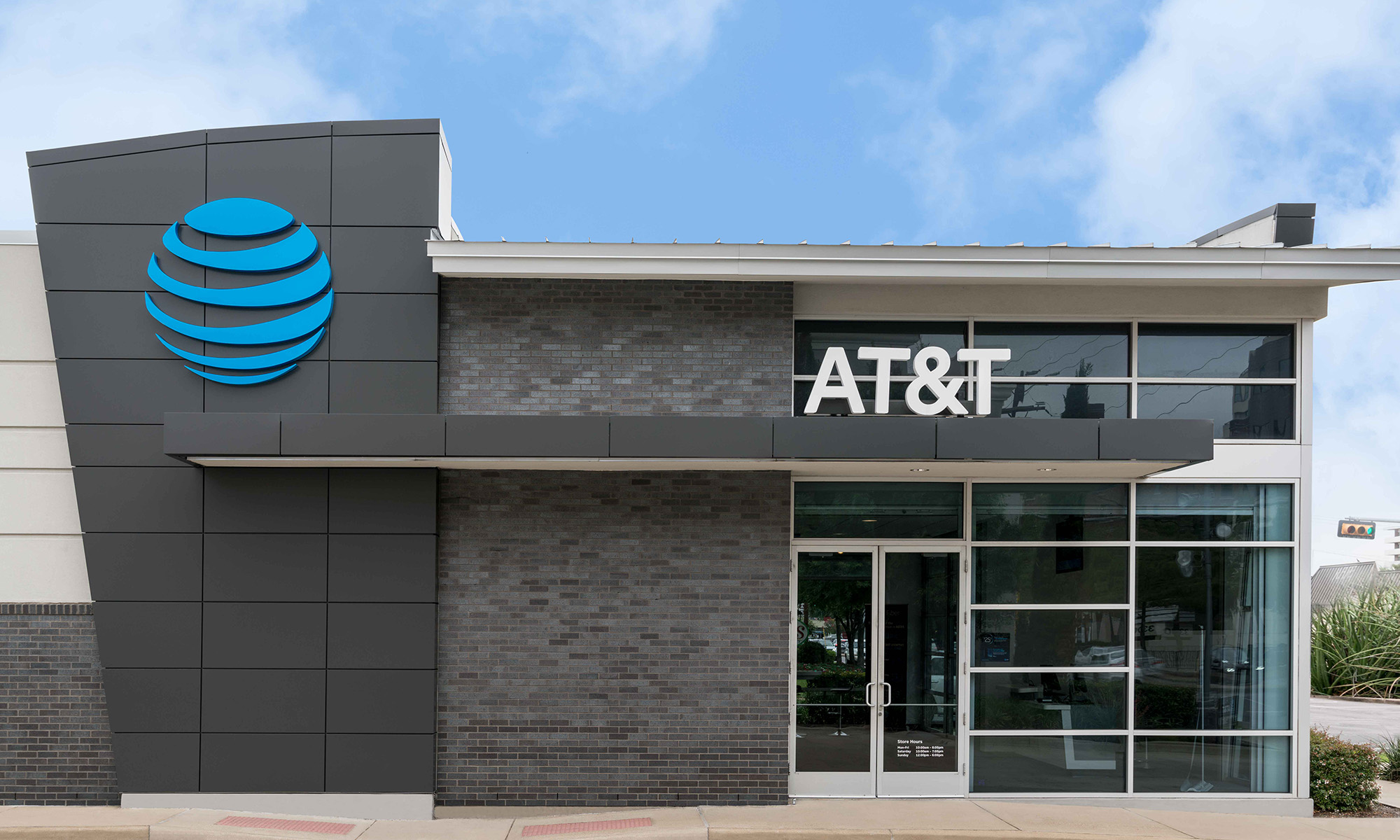There's a reason people turn to PepsiCo (PEP +5.06%) again and again as an investment: The soft drinks and snack foods giant has raised its dividend for 47 consecutive years, making it a time-test Dividend Aristocrat poised to soon become a Dividend King.
Even as soda consumption declines, it has returned over 10% annually over the past decade, and in 2019 has generated returns in excess of 23%. While investors might want to consider PepsiCo, whose dividend currently yields 2.8%, there are plenty of other great dividend stocks that could also be part of a diversified, income-generating portfolio with superior returns.

Image source: Getty Images.
Dialing up dollars
Some investors may be concerned about the impact cord-cutting will have on AT&T (T +2.02%) along with the intense competition in wireless that will only grow more so as Sprint and T-Mobile merge. But there are some very good reasons AT&T ought to be at the top of any dividend investor's list.
Of course, people eye the juicy 5.5% yield of its payout and immediately want to buy in, but chasing yield can be risky if the fundamentals of the business don't back it up. In AT&T's case, they do.
The wireless carrier is in the midst of rolling out its 5G network, which offers blazingly fast speeds, though it will pick up in earnest in 2020. AT&T will be building the service upon "three pillars:" mobile 5G; fixed wireless, to serve as a backup if broadband connectivity suffers outages; and edge computing, to provide businesses with advantages in the use of augmented and virtual reality and artificial intelligence. AT&T's leadership role in each of these categories will allow it to have its own edge.
Of course, AT&T also has a massive opportunity in streaming following its acquisition of Time Warner with its huge content library, bolstering its business even as its DirecTV operations wane.
Considering that AT&T trades at around 10.5 times estimated earnings, now may be a good time to feast on its dividend.
The Bank of Coca-Cola
Unlike Pepsi, Coca-Cola (KO +2.18%) is almost wholly reliant upon its drinks business for revenue, but like its rival, it has also seen the decline in soda consumption as motivation to develop alternative revenue streams. It will be introducing a new caffeinated seltzer beverage called AHA and has acquired global coffee-shop chain Costa Coffee. And it has its other still beverages like bottled water, juices, and tea.
Coca-Cola has a near-century's worth of dividend payments going for it, making it a rare breed for income-seeking investors, and it has increased its payout every year for 57 straight years. Its dividend of $1.60 per share currently yields 3% annually, but investors may be concerned about its payout ratio, which stands north of 85%. In contrast, Pepsi's payout ratio is 43%.
While that could be worrisome (the higher the ratio, the more difficult it becomes for a company to maintain its dividend if times turn tough), Coca-Cola is a very mature company on a slow growth path that still generates a massive amount of free cash flow -- some $8.2 billion worth over the last 12 months. It uses its dividends to reward investors, since it can't juice returns with capital appreciation like smaller, more nimble companies.
Coca-Cola is still a dependable cash printing business.
You can hear it now
Much like AT&T, rival Verizon (VZ +3.68%) is also betting big on the advent of 5G. But as the largest wireless carrier, it has some distinct competitive advantages, which it has been using to pad its lead with ever greater numbers of customer additions, both residential and commercial.
That allows it to continue producing prodigious free cash flow, some $17.5 billion in the past year. (AT&T has over $29 billion -- yowzer!) And it needs that cash, since (also like AT&T) it has accumulated substantial debt following its own media company acquisitions, Yahoo! and AOL. It now has almost $131 billion in total debt.
Verizon's dividend of $2.46 per share that's now yielding 4.1% seems secure, though its own payout ratio of 63% is somewhat elevated. There's plenty of cushion remaining, but the higher the ratio goes, the less maneuverability a company has to increase the dividend.
Still, Verizon continues to grow and expand. And its leadership role in the industry -- its 5G network could become the architecture that future smart cities are built upon -- indicates income investors may want to ring up this stock for their portfolios.








